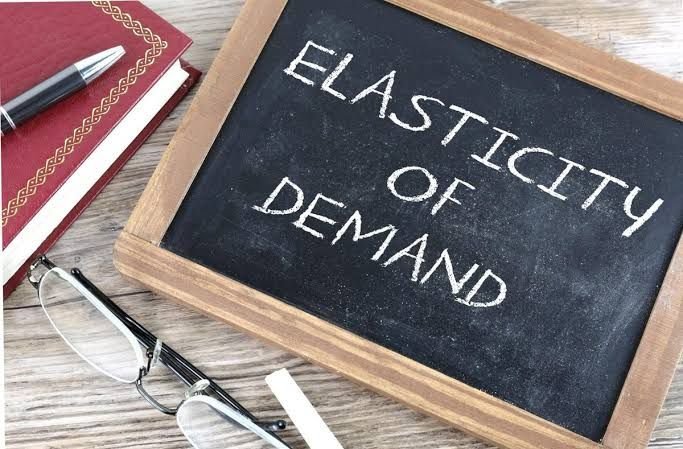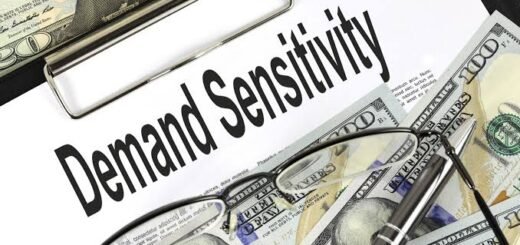Theory and Nature of Demand
Theory and Nature of Demand
The theory of demand plays an important role in business decision making. In every business firm, there are many issues on which the executives have to take decisions such as what to produce, when to produce, how to produce, what will be the quality of the output etc. The theory of demand provides insight into these problems.
Before understanding the theory of demand, we must know what demand is.

Meaning of Demand
In common parlance, demand means the desire for a commodity. But in economics, demand means much more than this. In economics, the word ‘demand’ means the ‘desire’ for a commodity backed by the ability and readiness to pay for it. Mere desire for a commodity cannot be termed as its demand. For example, if a person wants to buy a car but does not have sufficient money to pay for it – then his desire cannot be termed as his demand for the car. And if a rich miser wants to buy a car but is not ready to pay its price, then his desire for a car is not his demand. But if a person has sufficient money and is ready to pay the price, then his desire to buy a car can be given the status of an effective demand.
Definition of Demand
“The demand for a commodity is a schedule of the quantities that buyers are willing to purchase immediately at any given time at all possible prices. ” -Meyers
The demand for any commodity at a given price is the quantity of the commodity that will be purchased at that price in each unit of time. – Benham
Demand has a special meaning. Just the desire to buy a commodity is not demand. Along with desire, there should also be consent and paying capacity to buy it. For example, a poor man wants to buy a car. He is ready for it, but is not able, because he does not have the purchasing power to buy a car. Hence car is not a demand for a poor man. In the same way, suppose a miserly person is very rich, he wants to buy a car. He can buy it, but is not ready to spend money. Car is not a demand here also. In short, when all three elements desire, consent and ability meet together, then demand is created.
Characteristics of demand
1. There is a difference between desire and demand. A person can desire hundreds of goods but only a few of them are his demand.
2. Demand is an effective desire, which depends on consent and ability to buy an item
3. Demand is closely related to price. Demand without price has no meaning.
4. Demand is related to a specific time.
Objectives/Functions of Demand Analysis
There are two basic objectives of demand analysis-
1.Forecasting or forecasting sales.
2. Changes in demand
There are some other objectives also but they are secondary to the economic problem of profit planning. Every businessman and firm wants to maximize its profits. Demand analysis is an important point to evaluate the performance of salesmen. It is also used to keep an eye on the position of competitors.
Forecasting is the most common use of demand study. A large company needs a full-time planning manager who is responsible for implementing quarterly and annual sales forecasts. This plays a central role in the entire planning. In an industry which is affected by seasonal variations, a practical production schedule which balances inventory and costs minimises total cost is very important.
Demand analysis also serves as a guide to changes in demand. Forecasting is not just an indicator of what general business conditions will do to the company’s sales. It can also be turned into a powerful tool for creating a sales strategy.


